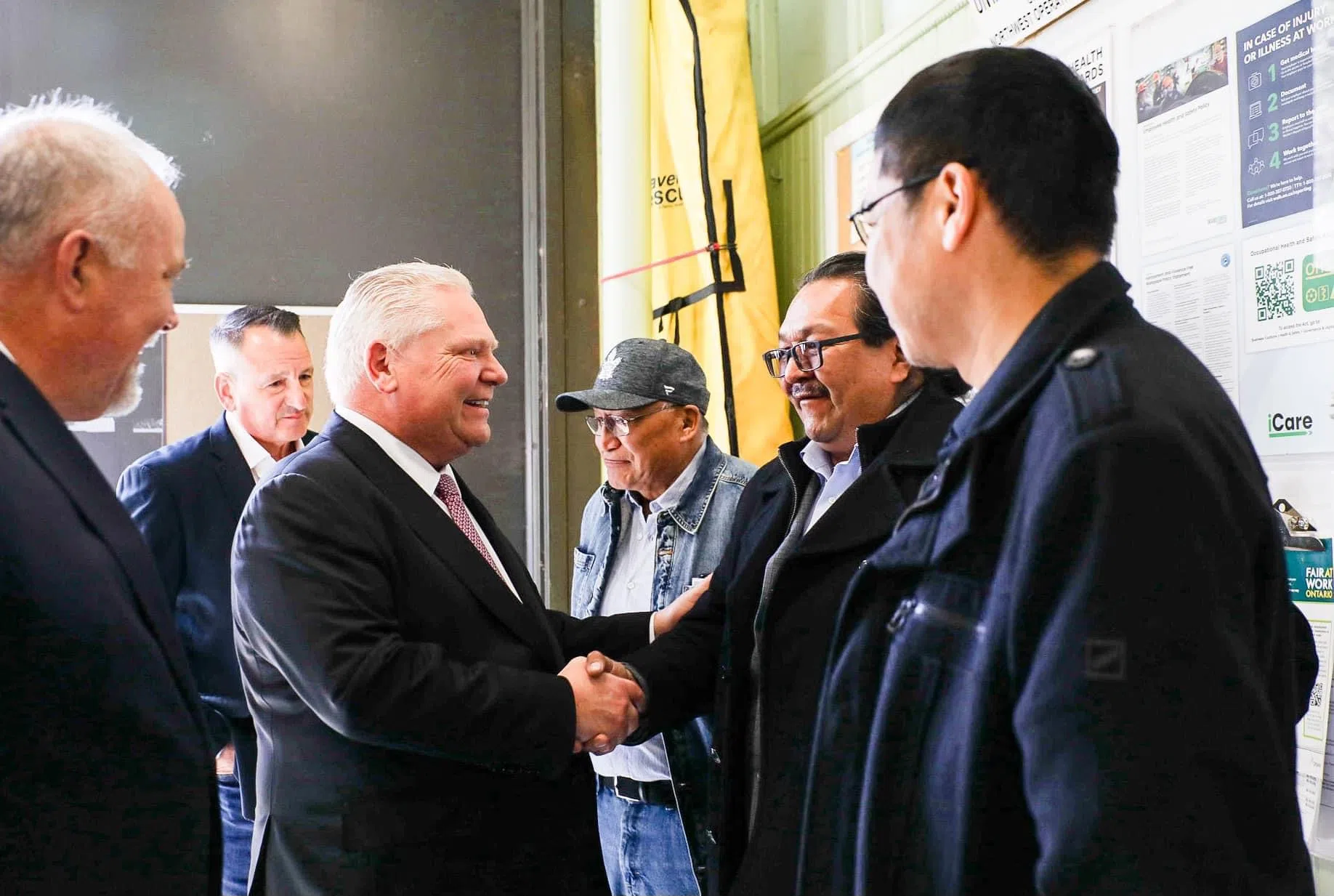The province is partnering with multiple northwestern Ontario First Nations to expand clean and reliable electricity transmission and generation infrastructure.
Webequie, Nibinamik, Neskantaga, Eabametoong and Marten Falls First Nations are a part of the partnership that hopes to see these communities become less reliant on diesel-powered generators.
“We’re partnering with First Nations and northern Ontario communities to build the energy infrastructure they need to succeed after decades of neglect by previous governments,” said Premier Doug Ford. “Just as Ontario eliminated its reliance on coal, we want to work with all First Nations that wish to partner with us to replace their reliance on diesel-generated electricity with clean and reliable electricity. By working in partnership and putting First Nations’ input and interests first, we can help these communities create jobs, own and build infrastructure and housing and support long-term economic growth.”
The government previously provided a loan of up to $1.34 billion to the Wataynikaneyap Power Transmission Project which began in 2019 and is expected to be complete this year. The project will connect 16 remote diesel-dependent partner First Nations to the province’s electricity grid for the first time.
However, other remote First Nations continue to rely on costly, difficult-to-transport and unreliable diesel generation for electricity, which is a significant source of noise and emissions and limits opportunities for growth, including new community infrastructure and housing.
“Our remote communities throughout the north have been suffering from the terribly high cost of generating electricity and the limits those systems place on our community’s growth,” said Eabametoong First Nation Chief Solomon Atlookan. “Eabametoong First Nation is excited to work with our extended family in surrounding communities to improve our collective well-being and quality of life. We know the challenges, and we know the solutions will come from the strength of our relationships and mutual respect.”
Diesel fuel is currently trucked in seasonally on unreliable winter roads or flown in at a massive expense.
“As Minister of Indigenous Affairs, I have the opportunity to hear from Indigenous leadership across the North and across the province on what matters most to their communities, and increasingly, our government is hearing that communities wish to transition off of diesel to a cleaner and more reliable source of electricity,” said Minister of Indigenous Affairs and Minister of Northern Development Greg Rickford. “Reliable electricity unlocks limitless potential for Northern communities, and our government understands that fortifying corridors leads to prosperity for First Nation communities and improved health, social and economic outcomes.”
The provincial government plans to prioritize the input and direction of the First Nations leadership and communities while developing a plan to get remote and northern communities off diesel.

